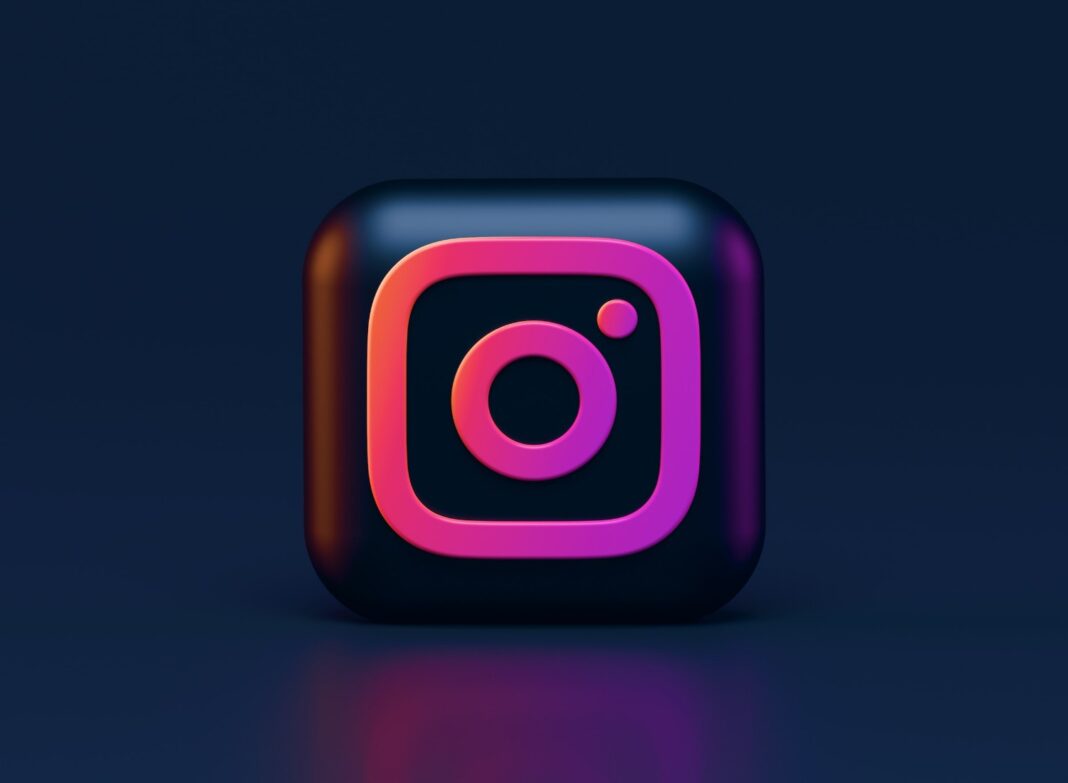Today, social media platforms such as Facebook, Twitter, Instagram, and Snapchat are used by the entire world. These platforms have become part of our everyday lives, and we can’t imagine living without them. The revolution has had a profound impact on everyone’s lives. It has changed everything for the better. Social media has many uses, including the transfer of videos, images, and information, as well as the sharing of ideas. It is used by people of all ages to keep in touch with family and friends. Social media is a popular way to connect with others, with around 3.5 billion users worldwide.
These social media platforms have had a huge impact on our lives and our society as a whole. If you use social media, you must consider the negative impact it has on your life. Consider yourself a victim of the enormous power of the media. You may have experienced some negative consequences as a result of your decision. Many of us experience negative consequences from our actions, but the consequences can be very serious for some of us. There are a few factors in our lives that can have a negative impact on us. Some of these include stress, worry, and negative thoughts. All of these can have a negative effect on our mood and our ability to enjoy life. Let us look at few more of these negative influences in our lives.
Here are 15 ways social media is destroying our lives
1. Fake news
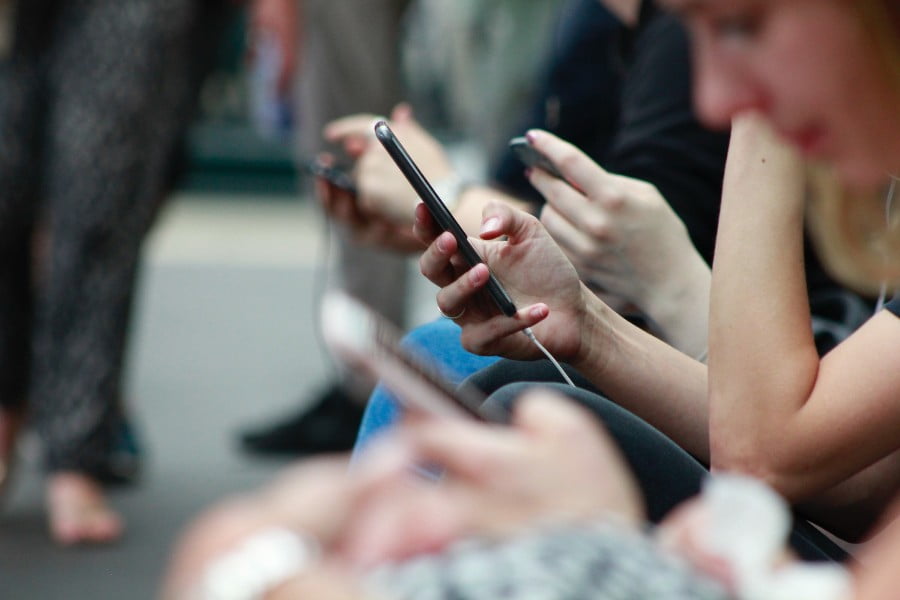
Fake news is thought to spread ten times faster. It is similar to fire. There is a lot of fake news and fake information floating around on social media. People’s lives are being harmed as a result of fake news. They are specifically designed to influence people’s perceptions of reality. Such news incites social conflict. The stories are not based on facts, and they purposefully mislead readers, leading to mistrust among fellow beings. As a result of such news, people protest over fictitious events, riots, and social unrest.
2. Fear Of Missing Out FOMO
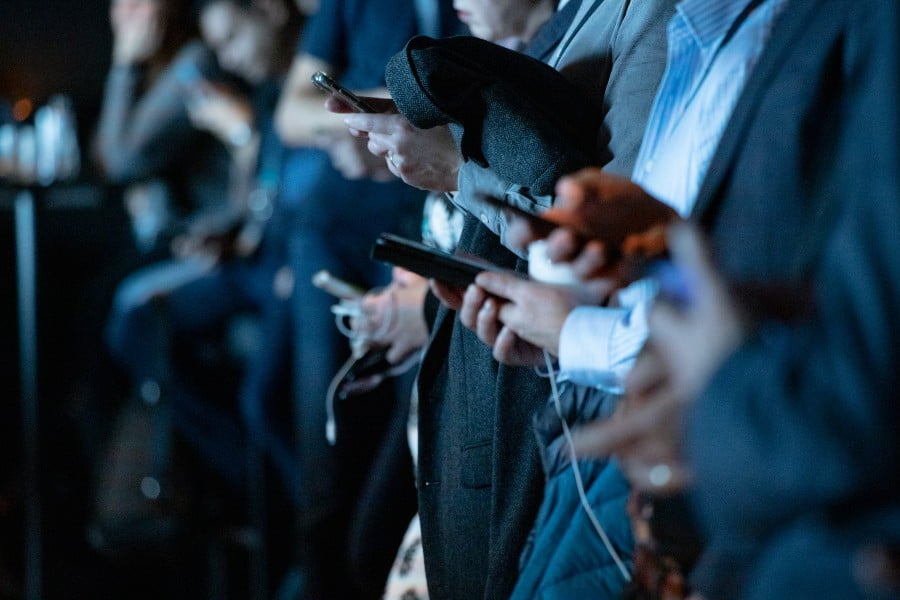
This is a new term that is becoming increasingly popular in social media. It refers to a feeling in which you believe or perceive that others are having a better life than you. People keep scrolling the feed of others, and when they see that they are having a good time they have anxiety that they are missing out on all the fun. it is also linked to loneliness. It is also associated with a strong sense of envy and can make you feel inferior to others. It makes you unhappy with your current situation. These feelings are extremely harmful to society as a whole.
3. Face to face interactions have reduced
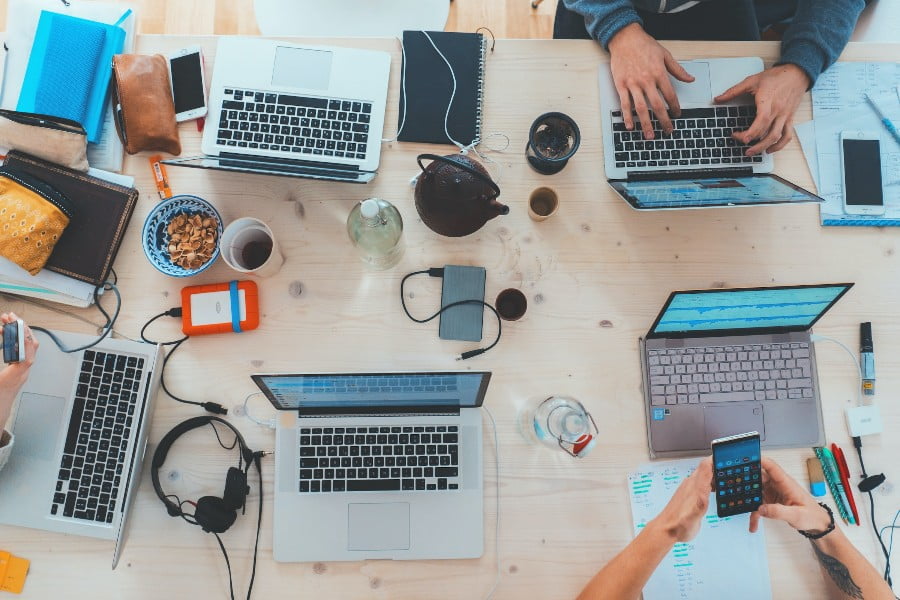
People are spending the majority of their time on social media, talking virtually, watching movies, or surfing other undesirable things, resulting in fewer interactions amongst associates. Smartphones make it very simple to contact anyone. People can interact with anyone and spend the majority of their time online rather than in person. People are becoming increasingly antisocial. Personal interaction and conversation are on their way out.
4. Increase in attention seeking
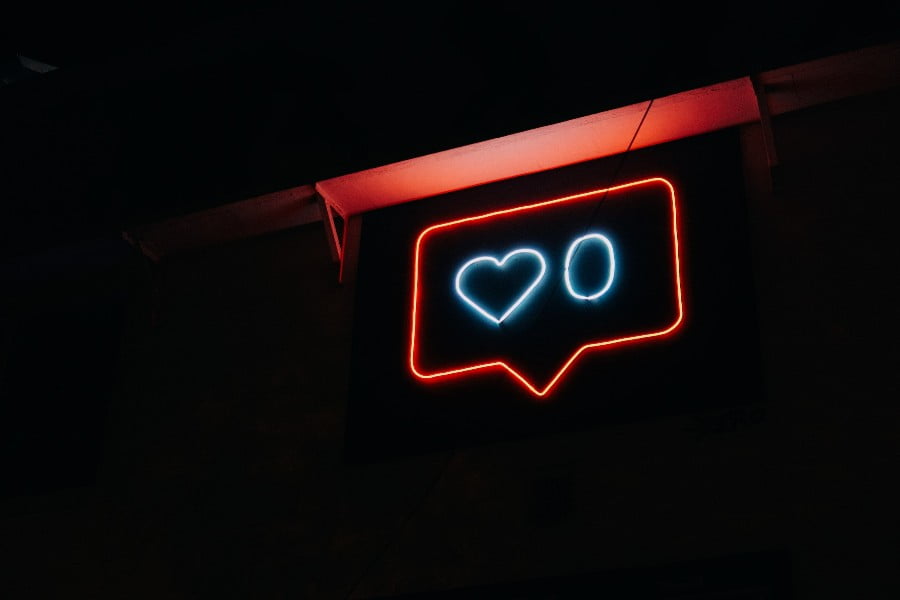
People use social media to share their stories and updates in order to get others’ attention. They are pleased with the number of followers. People’s decisions are influenced by the validation provided by social media followers. This could indicate that you have a media addiction problem.
In fact, social media is teaching you how to create content that will attract followers and earn you a lot of money. You waste time on social media because you are constantly checking for likes and notifications. People frequently portray themselves in ways that they believe will make them more appealing to others and attract more followers to their lists. Despite having so many followers, this frequently leads to feelings of loneliness and isolation. This has a negative impact on people’s lives because it makes focusing on their goals difficult. If you want to improve your life, you must stop acting in this manner.
5. Effect on eye sight
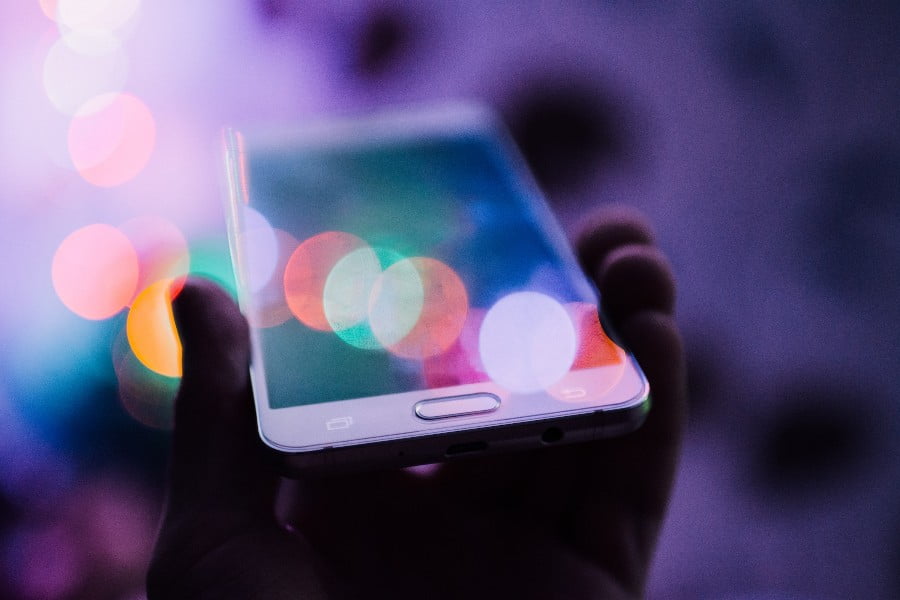
In this day and age, we spend the majority of our time on social media. This adds to screen time, which strains our most important organ, our eyes.
Excessive screen time can harm our eyes, causing irritation, blurred vision, fatigue, dryness, and other problems. It is critical for people of all ages to take the best possible care of their eyesight in order to maintain clear vision, longevity, and overall health. People must limit their screen time in order to maintain their best vision.
6. Health issues
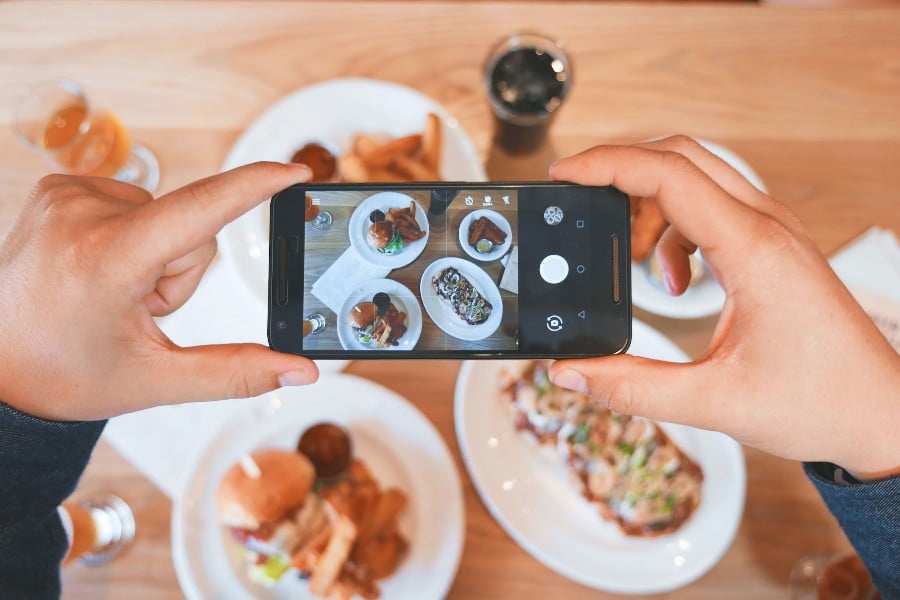
Although social media is a powerful tool for data transfer and communication, excessive use is harmful to people’s health. Physical and mental health are both at stake. There is no movement because everyone is always sitting in the same spot. Restricted movement can harm physical health, and long-term use can lead to insomnia or sleep disorders. Negative comments, a low number of followers, FOMO, and other factors can make a person mentally ill, resulting in depression, anxiety, and low self-esteem. Abusive language, cyberbullying, and spreading false rumours can leave long-lasting scars.
7. Online gaming disorder
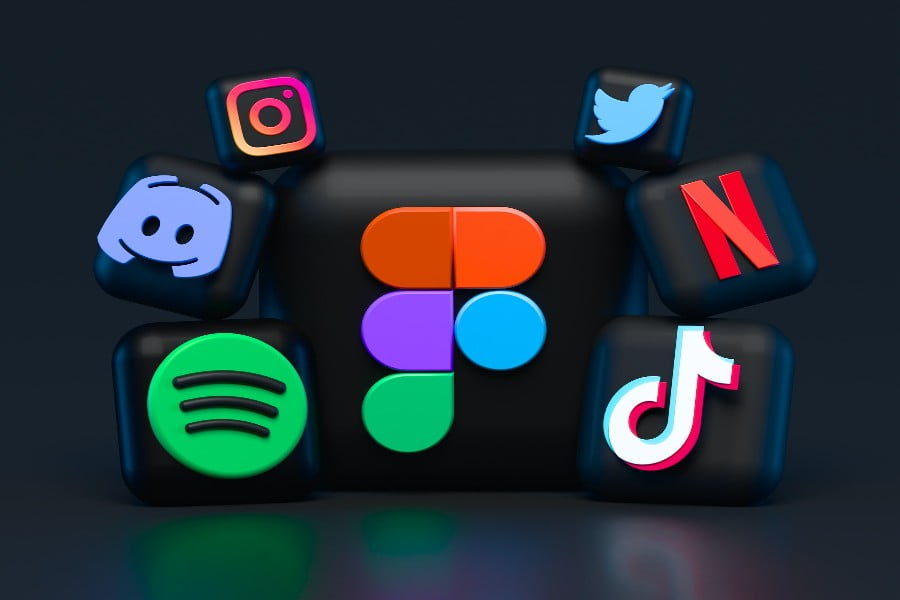
Nowadays, playing video games online is increasingly popular among young people. On a mobile device, a laptop, a tablet, etc., these games are playable whenever and anywhere. The thrill and excitement that are produced in the games cause the players to become hooked to it. They desire to compete with their classmates who are also playing online games as a group, which has negative effects on people’s lives, and play each level in succession. The long-term effects of this online game on social life also significantly impede regular job and other academic tasks.
8. Unrealistic expectation
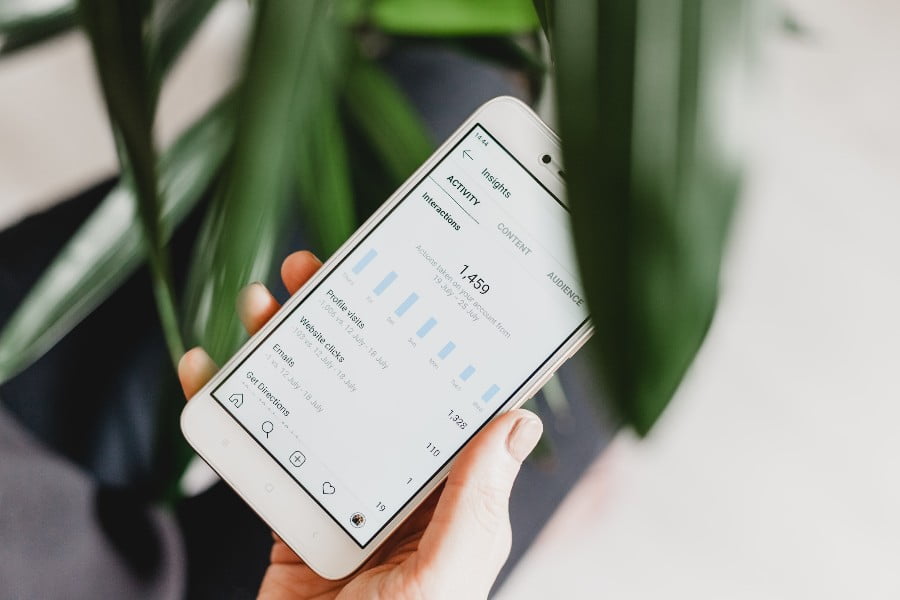
Things that appear to be real on social media can occasionally be fake. Social media has created unrealistic expectations of life, friendship, and relationships in our minds. Many people share exciting adventures, and update unrealistic Facebook and Instagram stories on social media, even if they are not actually happening. When followers see this post and feed, they are envious of the adventure and exciting pictures that appear on social media. This unrealistic expectation causes them to be jealous and depressed.
9. Negative body image
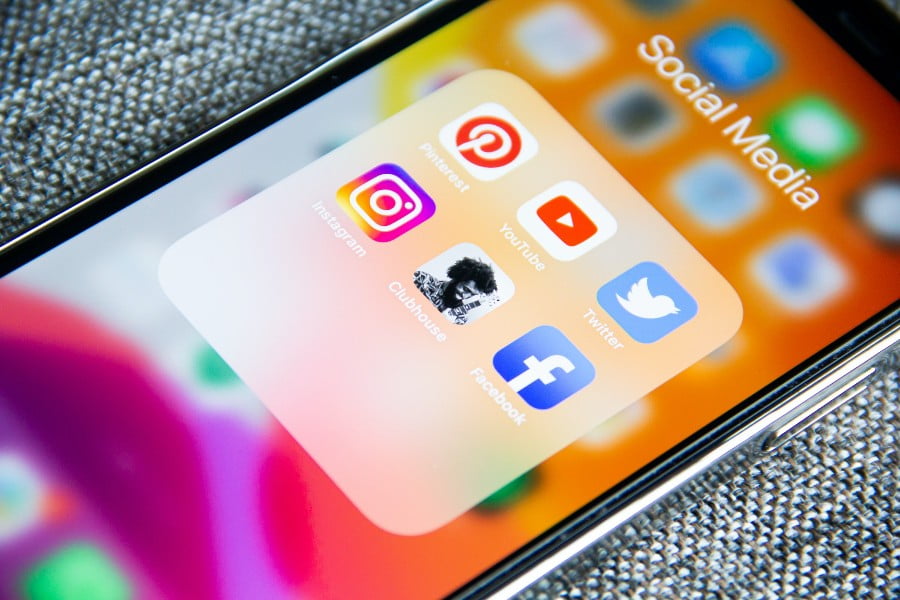
Body image has become a growing issue all over the world. People are sharing incredible photos on social media. When people see these supposedly perfect according to societal norms pictures on a daily basis, it makes them feel self-conscious about their own appearance. They frequently begin to believe that their own bodies are inadequate. These images can instill a false sense of low self-esteem in people, leading to increased anxiety and insecurity. People frequently compare themselves to others, which is detrimental to their mental and physical health. They may attempt to starve themselves or overexert themselves in the gym in order to appear attractive to others.
10. Cyberbullying
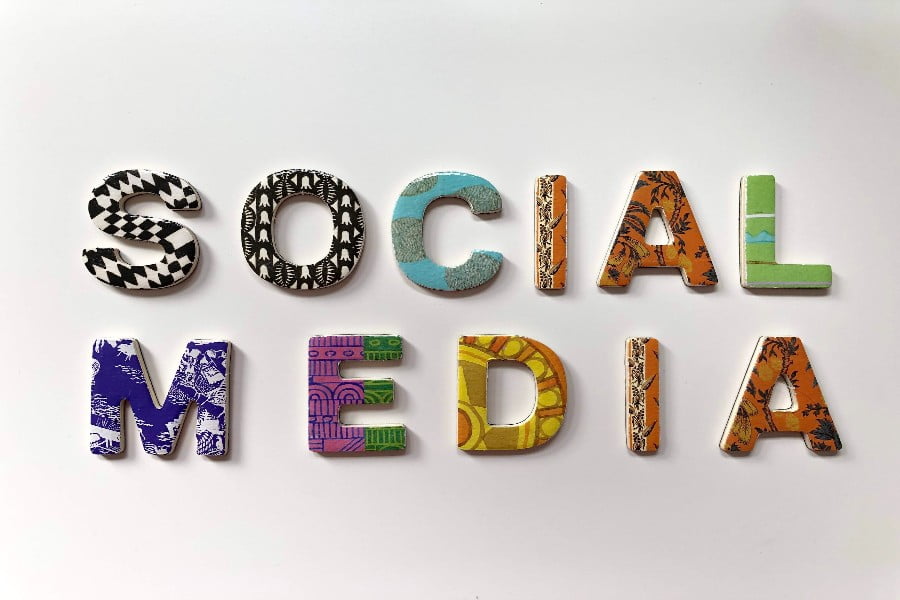
This has become a major concern. Bullying occurs on social media platforms. Bullying is done anonymously and without fear. Social media brings people from all walks of life together and allows them to engage with one another on a global scale, but it also makes it simple for others to bully someone. These offenders produce. These perpetrators create bogus profiles that they may later use to terrorize victims. Cyberbullying is far crueler and more persistent, causing far more harm than traditional bullying. The victim of cyberbullying exhibits a shift in behavior. It can lead to mental health issues such as depression or anxiety, as well as suicidal ideation.
11. Self-indulgence
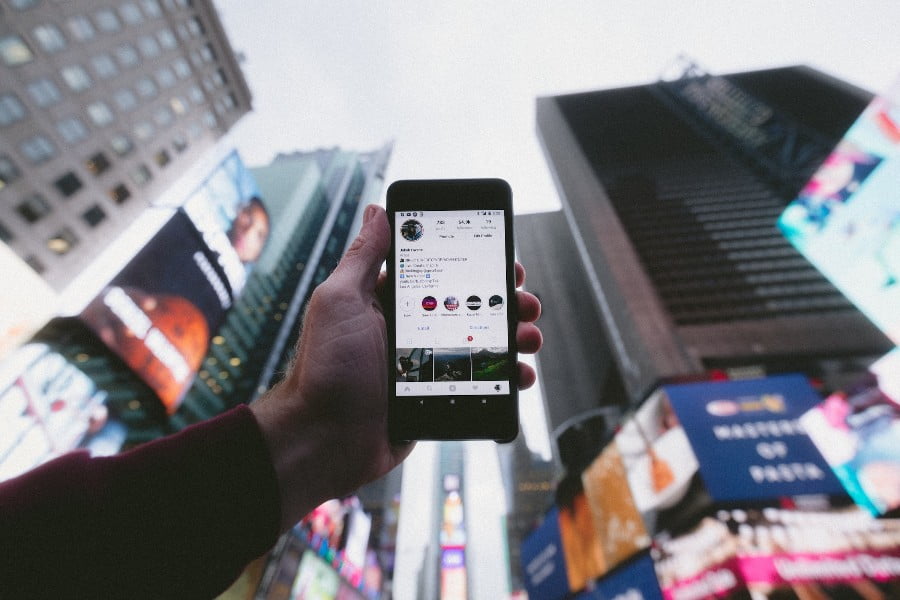
Most people spend their time on social media, where they constantly publish their stories and images. They are not aware of what is happening all around them. They are completely absorbed in themselves. They do not understand how their surroundings are connected to the outside world. These people are always focused on grooming themselves in order to portray a certain image online, rather than making enduring memories with their loved ones in the moment. This selfishness can seriously impair day-to-day functioning.
12. Isolation
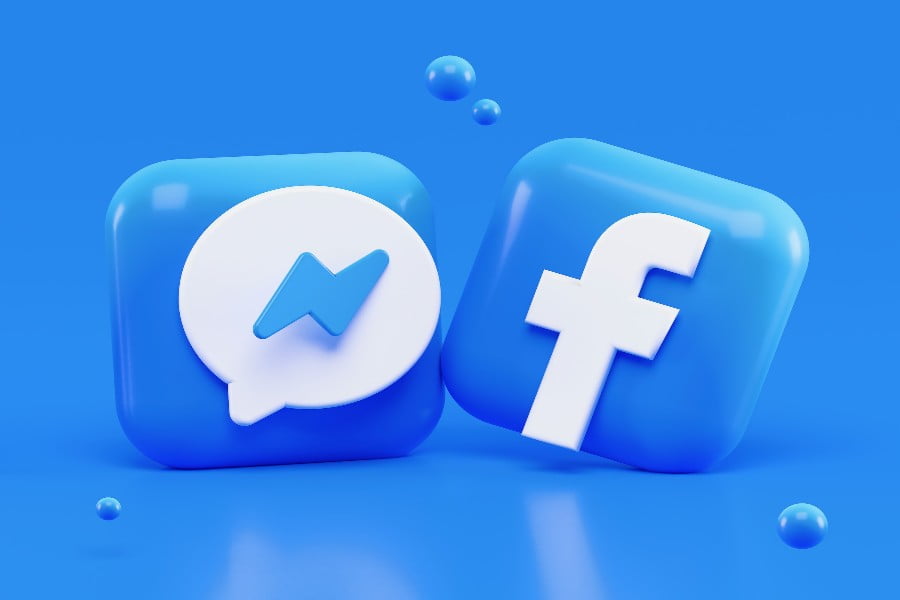
People on social media may have millions of followers. However, in reality, that person may be very lonely. Such people may brag about their Facebook friends and Instagram followers, but the reality is quite different. They lack a sense of belonging and connection with others, whereas social connectedness with others is associated with well-being.
13. Lack of self-reflection
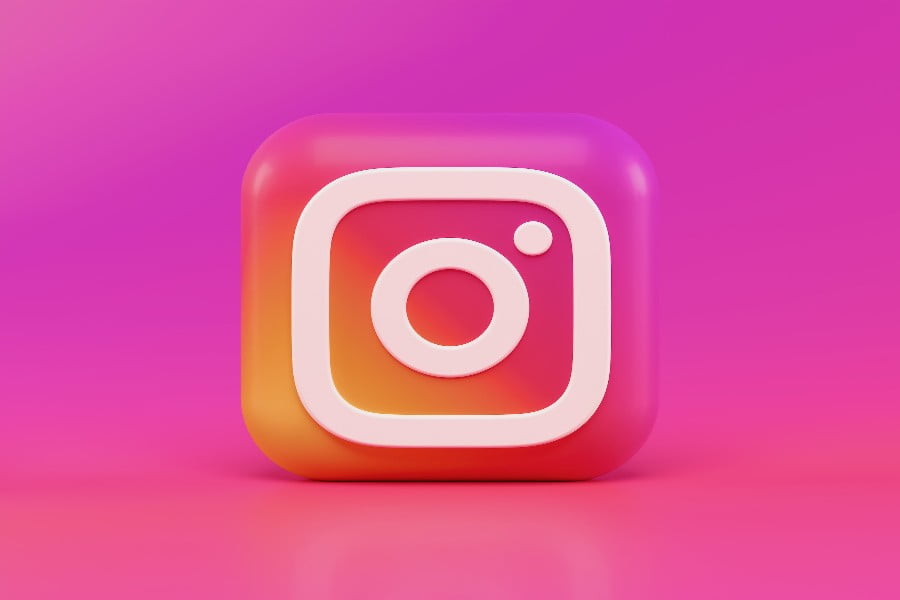
Nowadays, people use social media in their free time. The progression of thought has been hindered by this addiction. People hardly ever have time for introspection. They have lost track of who they are and what they believe in themselves because they are so immersed in the virtual world. Images, videos, and reading other people’s posts will only deceive you and damage your personality, preventing you from growing as a person as a whole.
14. Sleeping disorder
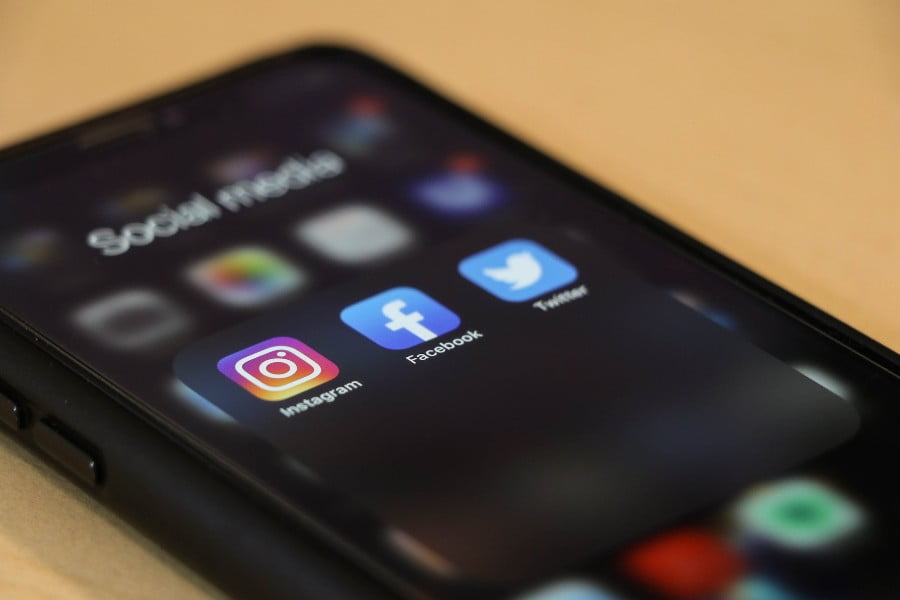
People are constantly checking their phones before going to bed and first thing in the morning. Excessive social media use can cause eye strain because the light and radiation from cell phones can disrupt your sleeping patterns. Blue light emitted by cell phones is extremely harmful; it can disrupt our circadian rhythm, and people who wake up in the middle of the night to check their phones are at higher risk of suffering from sleep disorders.
15. Reduced academic performance
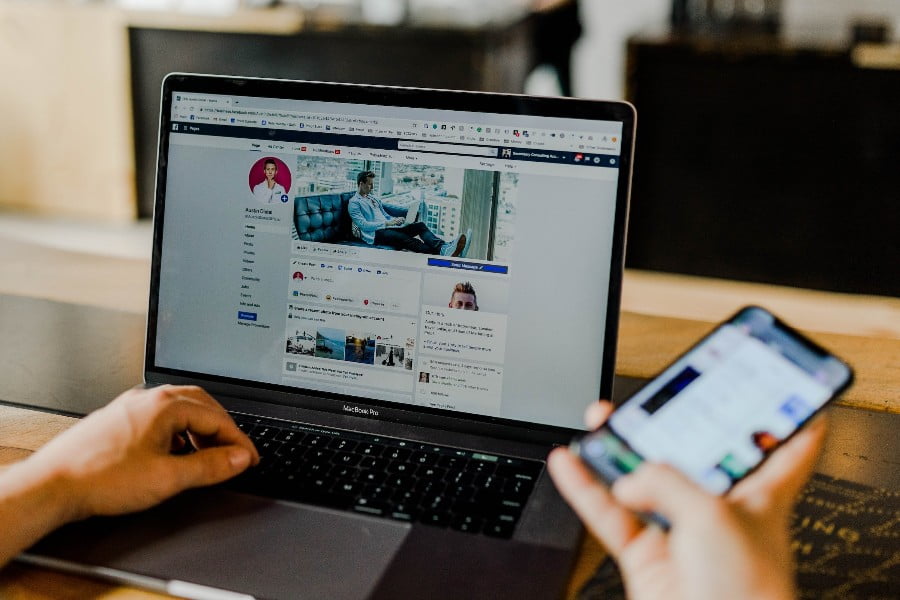
The most detrimental effect of students’ constant use of social media is on their academic performance. According to the researcher’s findings, only a small percentage of university students use social media for academic purposes, while others use it for surfing the web, chatting, and watching videos that have nothing to do with academics. As a result, academic performance and concentration have suffered to a great extent.
Today, social media has completely transformed the world. It has brought people from all over the world together and provided endless entertainment. Data and information have become extremely useful. To some extent, when used responsibly, social media can be a boon to human life. It opens the door to a bright future, but overuse can lead to a dark future.
So, its past time for us to consider how much time we spend on our phones. Because excessive social media use takes you away from real life, you lose personal touch and contact. Just be strict and avoid social media because you have a lot more to accomplish in life.
Read also – 22 Ways to Turn Your Life Around
